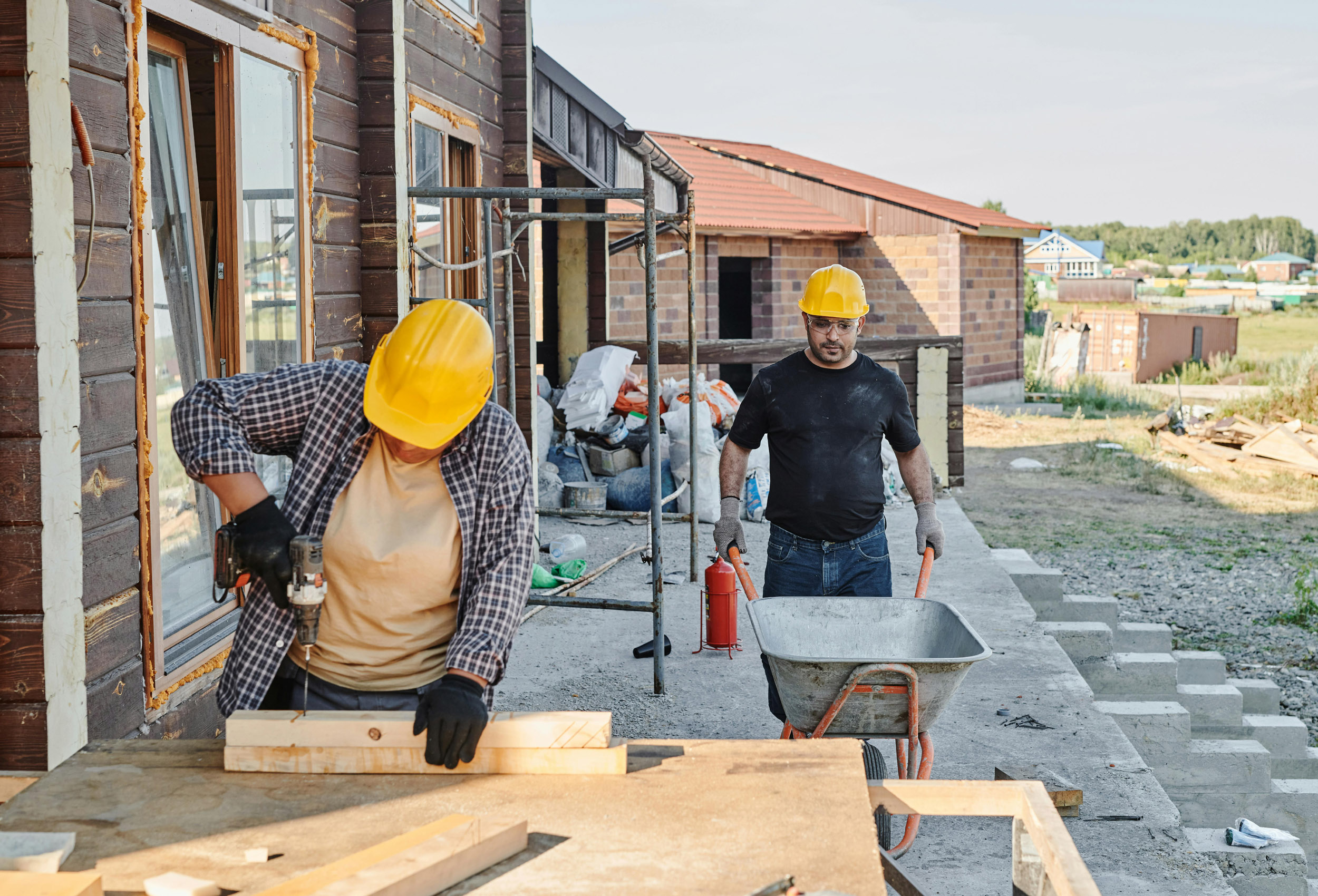
Hampshire’s construction sector is a vital part of its economy, marked by a mix of historic preservation and modern development. The county’s blend of rural landscapes and bustling urban centres creates a demand for varied construction projects, from new housing estates to advanced commercial facilities. This dynamic environment makes Hampshire a significant area for builders, developers, and investors.
Key Players in Hampshire’s Construction Industry
A number of established firms drive Hampshire’s construction industry. Companies like Brymor Construction and Amiri Construction have a strong presence, known for their work on large-scale commercial and public sector projects. Many smaller, specialised builders also contribute significantly, focusing on custom residential homes, extensions, and renovations. These firms, both large and small, collectively shape the architectural character of the county, balancing growth with the preservation of Hampshire’s heritage.
Types of Construction Projects in Hampshire
The array of construction Hampshire projects underway across Hampshire is notably diverse, reflecting the county’s varied needs and dynamic growth. Residential development, for instance, remains a primary focus, with a continuous demand for new housing. This translates into numerous housing estates and apartment complexes being built and planned, all designed to accommodate Hampshire’s steadily growing population. This trend is particularly evident in and around major urban centers such as Southampton and Portsmouth, where population density and urban expansion are driving significant development. Beyond residential, commercial construction also holds a prominent place in the county’s development landscape. This includes the creation of new office buildings designed to attract businesses and foster economic growth, along with retail parks that serve local communities and industrial units tailored to support the manufacturing and logistics sectors. These commercial projects are essential for bolstering local businesses and creating employment opportunities. Furthermore, crucial infrastructure projects are regularly undertaken throughout Hampshire. These encompass vital road improvements to enhance connectivity and ease traffic flow, as well as significant public facility upgrades designed to improve the quality of life for residents by modernizing essential services and amenities. Together, these different types of projects contribute to the county’s overall development and modernization.
Challenges and Opportunities in Construction
The construction sector in Hampshire, while robust, faces several inherent challenges that can impact its operations and growth trajectory. A persistent shortage of skilled labour is one significant hurdle, making it difficult to staff projects adequately and leading to increased competition for qualified tradespeople. Alongside this, rising material costs frequently present difficulties, as fluctuations in the price of essential building components can directly affect project timelines and budgets, sometimes leading to unforeseen expenses. Navigating the planning permission process can also be particularly complex and time-consuming, especially for projects located within sensitive conservation areas or the picturesque countryside, where environmental and heritage considerations add layers of regulatory scrutiny.
The Future of Construction in Hampshire
The future trajectory of construction in Hampshire is anticipated to be one of sustained evolution and adaptation. A profound and growing emphasis on sustainability is expected to shape future projects, with a greater focus on integrating energy-efficient designs, utilizing renewable materials, and implementing environmentally responsible construction techniques across the board. This shift aligns with broader environmental goals and consumer preferences for greener buildings. Additionally, technological advancements are poised to become more pervasive within the industry. Tools such as Building Information Modelling (BIM), which offer a comprehensive digital representation of physical and functional characteristics of places, and off-site manufacturing, where components are produced in a factory setting before assembly, are likely to become more widespread. These innovations promise to significantly improve efficiency, reduce waste, and enhance overall project outcomes. As the county of Hampshire continues its natural growth and development, the construction industry will undeniably play an absolutely crucial role. It will be responsible for developing and delivering the essential infrastructure and buildings required to support a prosperous, modern, and sustainable future for all its residents and businesses.